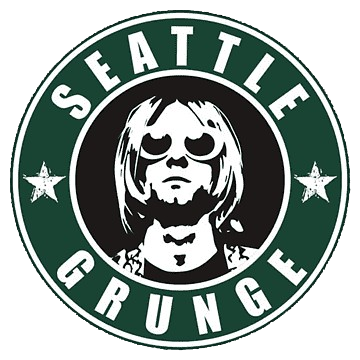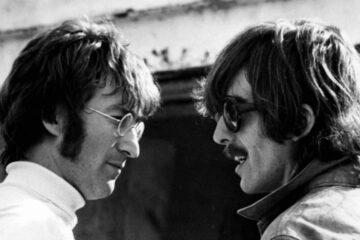If there’s any chapter of the Beatles’ saga that Beatles fans the world over feel they know in their bones, it’s the early months of 1964, when the Beatles first came to America — a happening that shook the world, and that changed it profoundly. “Beatles ’64” is a documentary that chronicles the three weeks the Beatles spent in the U.S. starting in February of that year. They came to New York to perform on “The Ed Sullivan Show” (their first appearance on the show was Feb. 9). They then took a train to Washington, D.C., to give a concert at the Washington Coliseum, then flew to Miami Beach, where they did their second “Ed Sullivan” appearance.
“Beatles ’64” opens with an extended sequence devoted to the early-’60s reign of John F. Kennedy — because, as has been noted so often, JFK was assassinated just a little over two months before their arrival, and that tragedy set the stage for the Beatles. They lifted America, and the world, out of the cataclysm of JFK’s loss. Other aspects of Beatlemania covered by “Beatles ’64” that may, at first, look overly familiar include the cheekiness of the Beatles at press conferences (asked why their music excites people, John quips, “If we knew, we’d form another group and be managers”) and, of course, the transference of rapture that took place between the Beatles and their fans, the majority of whom were teenage girls. The screaming, the crying, the ecstatic delirium — everywhere they went, the Beatles set off paroxysms of bliss, which they, in their performances, reflected back.
But we’ve seen all this before. The powerful pull of “Beatles ’64,” which counts Martin Scorsese as its lead producer and was directed by David Tedeschi (the editor of Scorsese’s two-part HBO film “George Harrison: Living in the Material World” and the co-director of his 2022 David Johansen doc “Personality Crisis: One Night Only”), is that it takes this fabled, high-swoon moment of pop-music history, almost all of which we now view through a mythological lens, and humanizes it in an exhilarating way.




